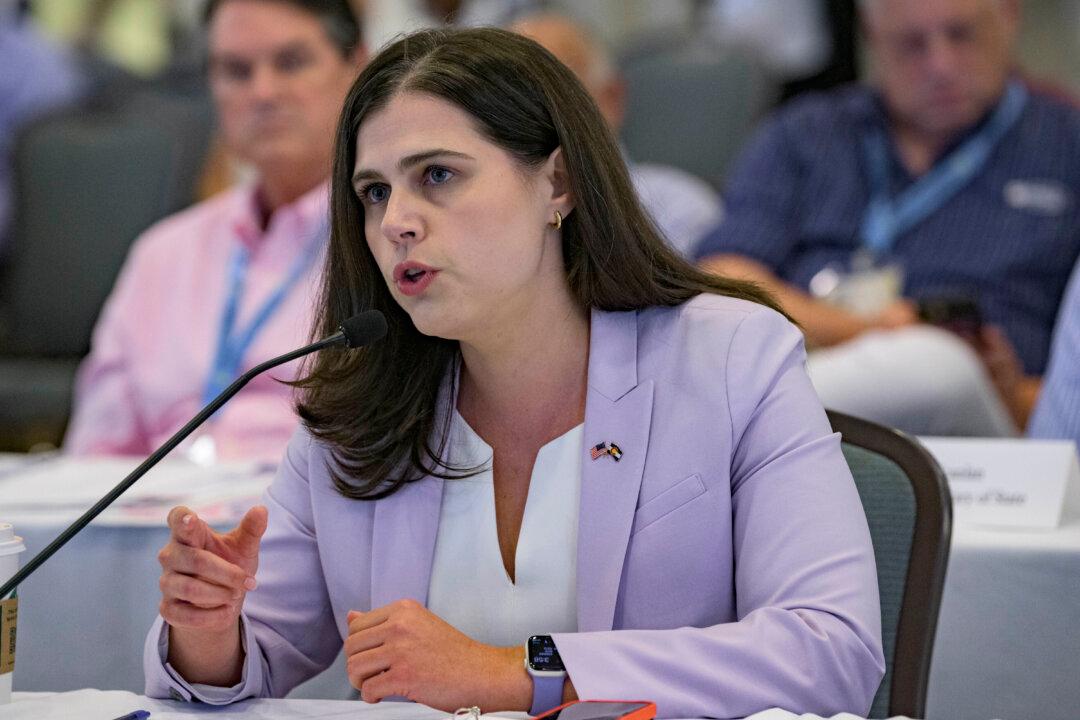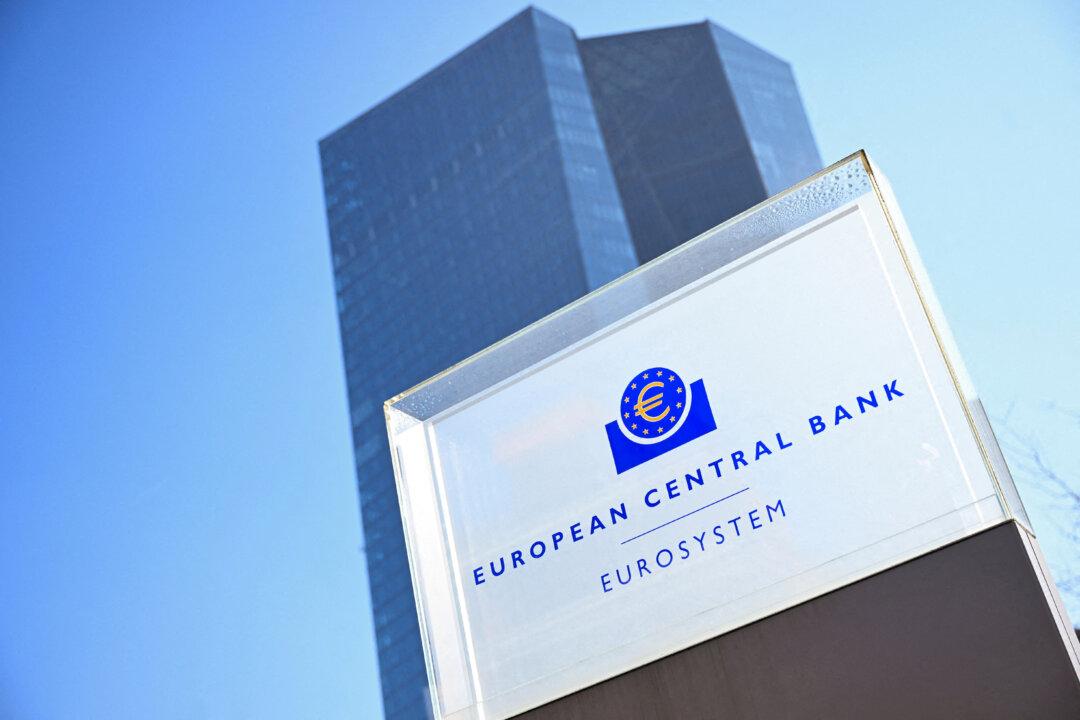The U.S. Supreme Court on Friday granted Colorado Secretary of State Jena Griswold—who called former President Donald Trump an “ineligible insurrectionist”—just 10 minutes at a hearing next week to argue before the court why she thinks he should be barred from the ballot.
Ms. Griswold, a Democrat and fierce Trump critic, has filed multiple briefs with the U.S. Supreme Court, which is weighing whether to rule in favor of or against the Colorado Supreme Court’s decision to bar President Trump from the ballot on 14th amendment grounds.





